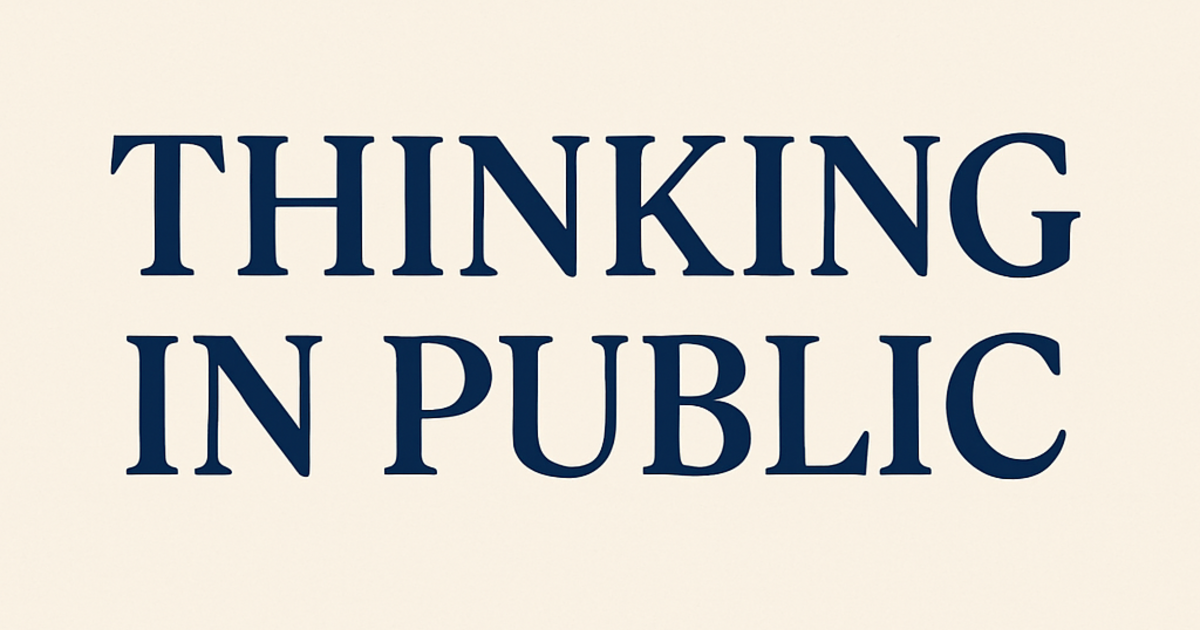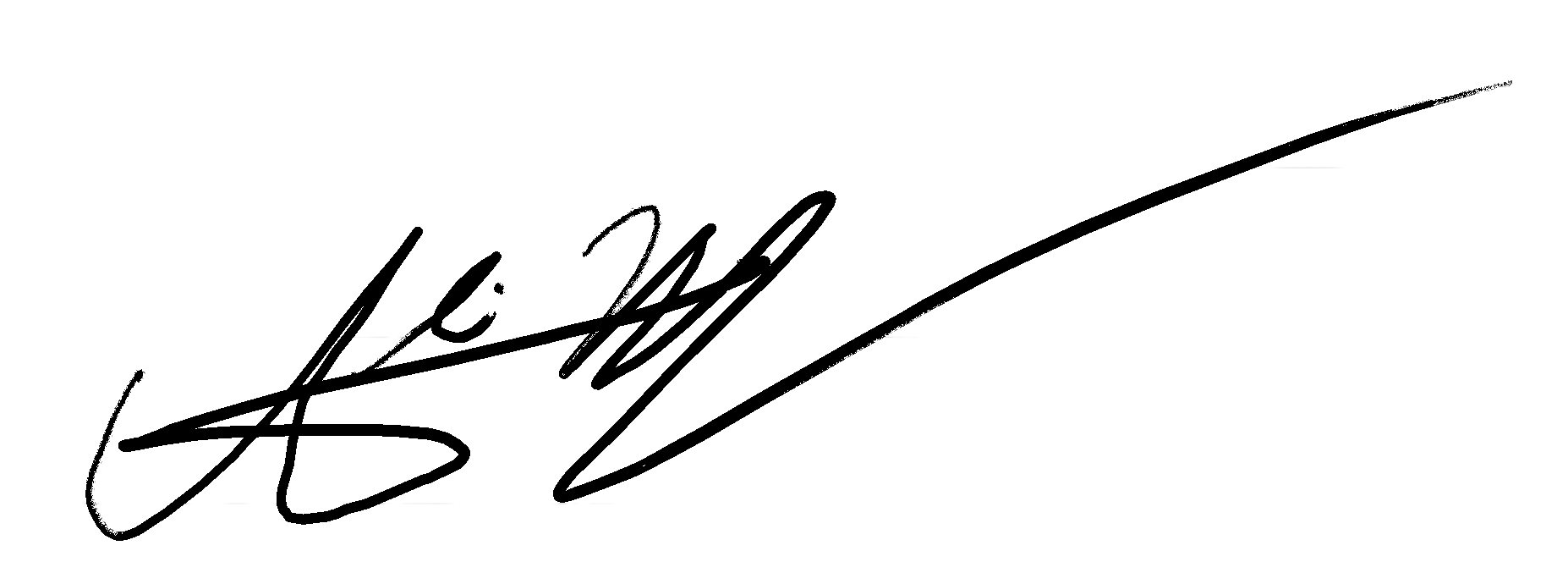Why I think secret societies are about to make a comeback
AI's rise is transforming online knowledge sharing, revealing how information's traditional rewards are eroding in an era where innovation risks becoming instantly replicated and obsolete.

When we first built the internet, the big idea was obvious: information would spread faster and farther than it ever had before. Anything you wanted to learn would eventually be a few keystrokes away. And for a while, that dream was real. You could learn to build a company, wire a circuit board, or tie a surgical knot just by searching.
But something strange is happening now, and most people haven't noticed it yet.
AI is changing the fundamental incentives for sharing information. Until now, publishing knowledge online was a win-win: you gained reputation, built an audience, or helped others while staking a kind of intellectual claim. But as AI systems get better at absorbing and replicating information, the rewards for sharing are quietly turning into risks.
If you invent something genuinely new today—an idea, a procedure, a way of doing something—there's a growing chance that putting it online doesn't make you famous or respected. It just makes you redundant. You’re giving it away to an opponent that never sleeps, never forgets, and can scale your discovery instantly to anyone who asks. In fact, your own contribution might be used to train a model that eventually competes with you directly.
The most rational move in a world like that is simple: stop sharing.
Keep your breakthroughs private. Share them only with trusted apprentices, if at all. Teach orally, not digitally. Make your knowledge expensive to access. Hide the map.
In other words, we might be headed toward a world where the most valuable knowledge is never written down.
Ironically, this is how knowledge worked for most of human history. Secret recipes passed from parent to child. Trade techniques taught only to guild members. Martial arts kept inside tight-knit schools. It wasn't until relatively recently that publishing knowledge became the norm rather than the exception.
We might be about to reverse that trend.
If AI makes it easier to steal and commoditize ideas, while making it harder for the original creator to defend their advantage, then the creators who matter most will gradually move underground. They'll trade reputation for exclusivity. They'll trade reach for defensibility.
This shift will feel small at first. A few researchers will withhold their best findings. A few startups will stop open-sourcing their code. A few surgeons will teach only their own trainees, instead of publishing case studies. But over time, it will add up. It will get harder to find genuinely new, useful knowledge in public.
And the weirdest part is: this will happen not because people got greedy, but because the economics of sharing broke.
When we built the internet, we assumed more sharing would always be better. But we forgot that incentives drive everything. If the incentives change, the behavior changes.
AI is changing the incentives.
At the limit, the future of knowledge looks less like Wikipedia and more like a secret society. Some ideas will still be public—enough to give the appearance that the spirit of the internet lives on. But the real advantages, the real leverage, will live behind closed doors.
In the age of AI, the most important secrets will be whispered, not posted.
